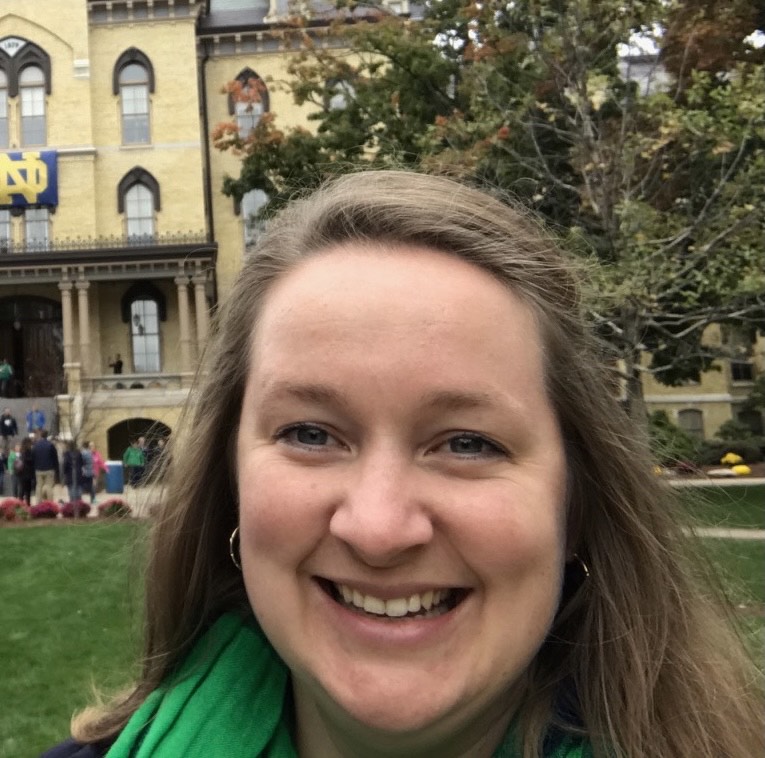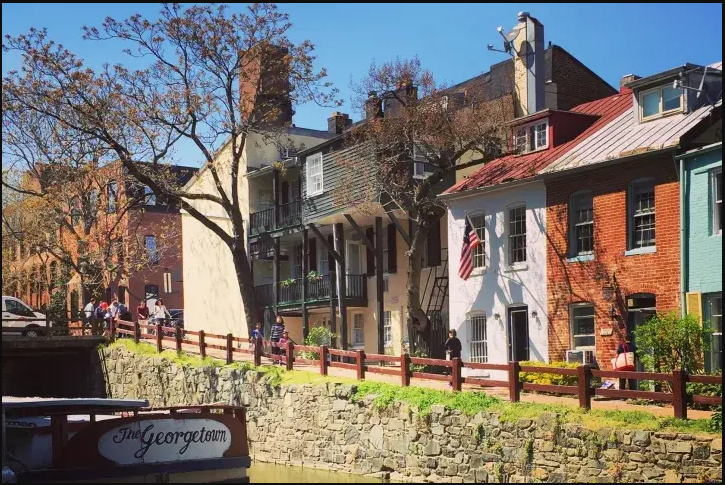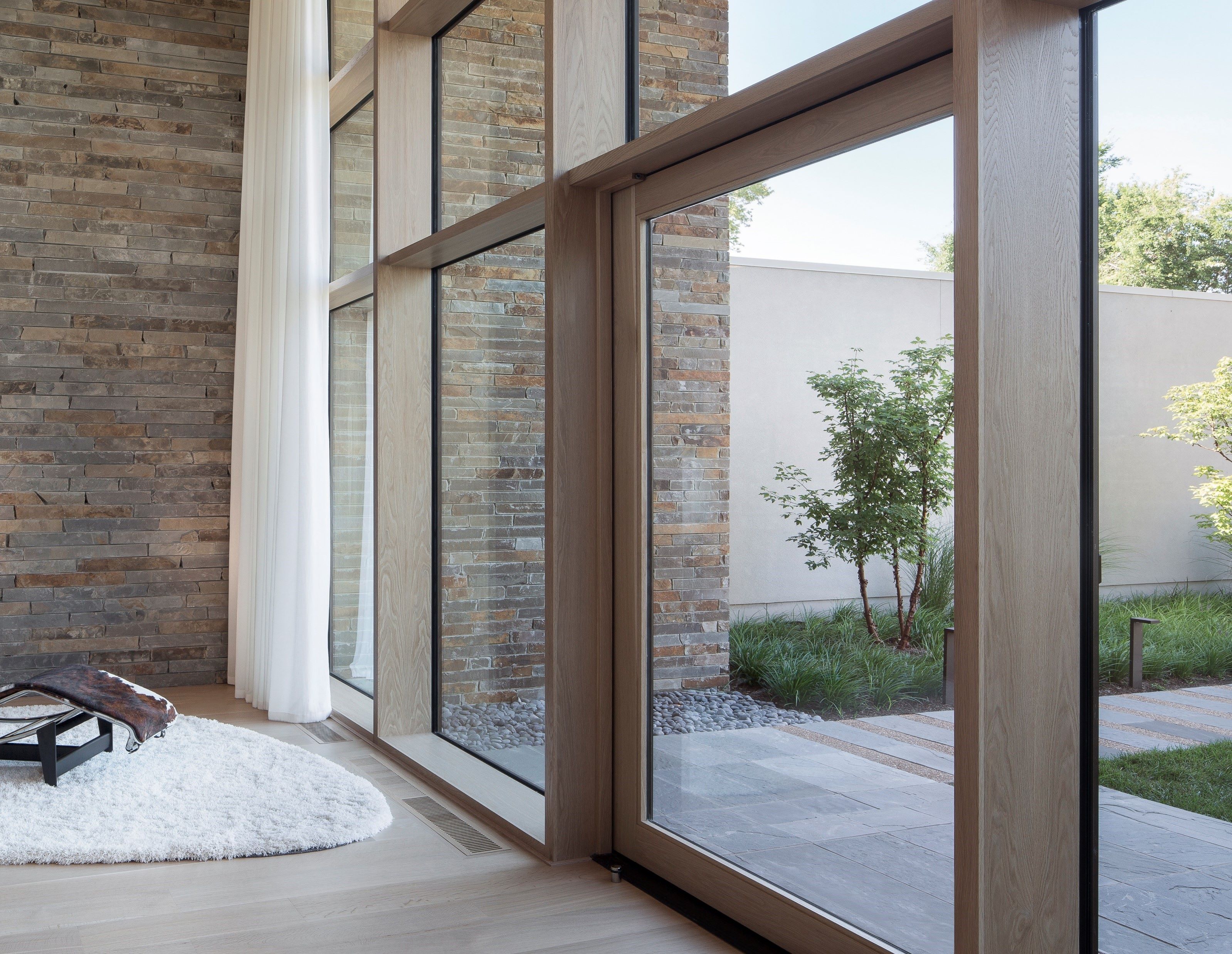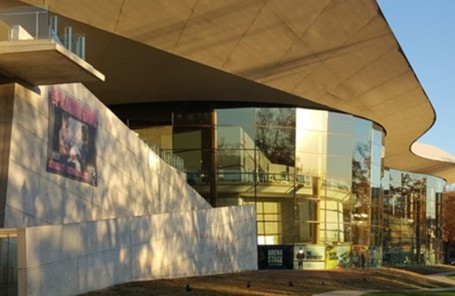Please join us for this talk in conjunction with our exhibition Designing a Learning City.
The mission of Playful Learning Landscapes is to foster the creation of playful learning infrastructure and activities in the everyday spaces where children and families gather. By infusing cities with playful learning opportunities, Playful Learning Landscapes can enhance children’s cognitive and social development, better preparing them for success in the 21st-century. Playful Learning Landscapes infuses the best science of learning into initiatives to build strong cities, offering exciting opportunities to help all children reach their potential. In cities around the world, everyday public places are being transformed – bus stops, libraries, parks – into hubs of playful learning. Working with communities, Playful Learning Landscapes builds on their strengths to co-create playful learning opportunities where they are needed most.
This talk, presented by Playful Learning Landscapes Director Sarah R. Lytle Ph.D., describes the origin and scientific basis of Playful Learning Landscapes, the process Playful Learning Landscapes uses to co-design with communities, and a sampling of some of the latest designs Playful Learning Landscapes has been working on. Please join us for this thoughtful discussion and learn how we can all work together as innovators and designers to make our cities places that foster family and childhood development.
Presented by

Sarah Lytle, Ph.D.- Sarah Lytle, Ph.D., is the Executive Director of the Playful Learning Landscapes. She comes to Playful Learning Landscapes after a decade at the University of Washington’s Institute for Learning & Brain Sciences, where she was most recently the Director of Outreach and Education.
Sarah is an expert in child development and has conducted research on language development and children’s interactions with screen media. She has more than a decade of experience in connecting science to practice, working extensively with parents, early learning providers, and policymakers to promote evidence-based interactions with children.
Sarah has a B.A. in Psychology and Spanish from the University of Notre Dame and a Ph.D. in Developmental Psychology from Temple University. She was a 2014-2016 Zero To Three Fellow, a 2016-2019 member of the Children and Youth Advisory Board in King County, WA, and she has served on the Seattle Educare Advisory Council and Woodland Park Zoo’s Early Childhood Advisory Committee.
Sarah lives in Seattle with her husband and their English Bulldog, Norman. She loves to cook, visit local breweries, and kayak on the Puget Sound. The greatest compliment Sarah ever received was “you must have played well as a child.”
Learning Objectives
- Illustrate how design choices can positively influence childhood intellectual and social development.
- Describe the benefits of playful learning infrastructure and why it should be designed in partnership with local communities.
- Gain in-depth knowledge on the origin and scientific basis of Playful Learning Landscapes, and how Playful Learning Landscapes uses proven scientific data to optimize their learning landscapes.
- Identify ways in which to engage local communities while designing landscapes aimed at enhancing children's learning.










